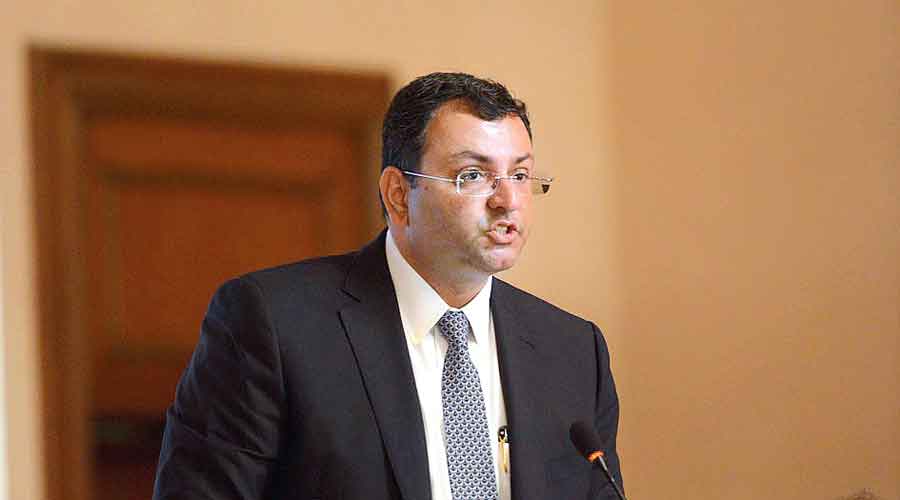The Shapoorji Pallonji group has said that the Supreme Court verdict handed down on March 26, which snuffed out Cyrus Mistry’s challenge against what he termed as an unfair dismissal as Tata group chairman in October 2016, dilutes corporate governance standards in the country guaranteed under the Companies Act 2013 and will leave minority shareholders “remediless” against the force of brute majority in boardrooms.
Last Sunday, the SP Group had filed a review petition in the apex court challenging parts of the judgment.
The apex court had set aside the National Company Law Appellate Tribunal (NCLAT) order issued in December 2019 that ordered Tata Sons to reinstate Mistry as its chairman.
The bench, headed by the recently retired Chief Justice of India S.A. Bobde, said Mistry’s removal as executive chairman of Tata Group was justified as “a person who tries to set his own house on fire for not getting what he perceives as legitimately due to him, does not deserve to continue as part of any decision making body”.
The court also spiked an SP Group plea seeking alternative relief through its formal proposal for separation from Tata Sons by offering to exchange its 18.37 per cent stake in Tata Sons — the holding company of the $106 billion group — for shares in the operational entities. The Mistry camp had valued the stake at Rs 1.78 trillion.
In its review petition, the SP Group said the new Companies Act 2013 was legislated with the intent of furthering corporate governance and that its intention was to align with the best practices globally by offering protection to all stakeholders, particularly minority shareholders, against prejudicial and oppressive conduct by majoritarian shareholders.
Pointing out that the Supreme Court is the final forum for interpretation of the statute, the SP Group said some of the observations in the March judgment erode the standards of governance expected under the Companies Act 2013.
The SP group claimed that the judgment voices diametrically opposite viewpoints: at one point it says that the removal of a director “can never be oppressive or prejudicial”. It then goes on to assert that where the removal is oppressive, relief can be granted.
The group also said the judgment makes the error of treating the “application of company law as a variable based on identity of the shareholder of the company”.
The Court said the two parties could resolve their dispute under Article 75 of Tata Sons’ articles of association. Under Article 75, the 28 equity shareholders of Tata Sons only have to pass a special resolution directing the two Shapoorji Pallonji group entities — Cyrus Investments Pvt Ltd and Sterling Investment Corporate Pvt Ltd — to transfer the shares they hold to any of its existing members.
According to the SP Group, the court erroneously held that Article 75 was an exit option available to the minority shareholder.
“This finding is contrary not only to the text of the Article but also to Tata Sons’ own stand in these proceedings. The Court erred in not recognising that the jurisdiction in which the court considered the matter was one aimed at resolving the matters complained of,” the Mistry family said.











